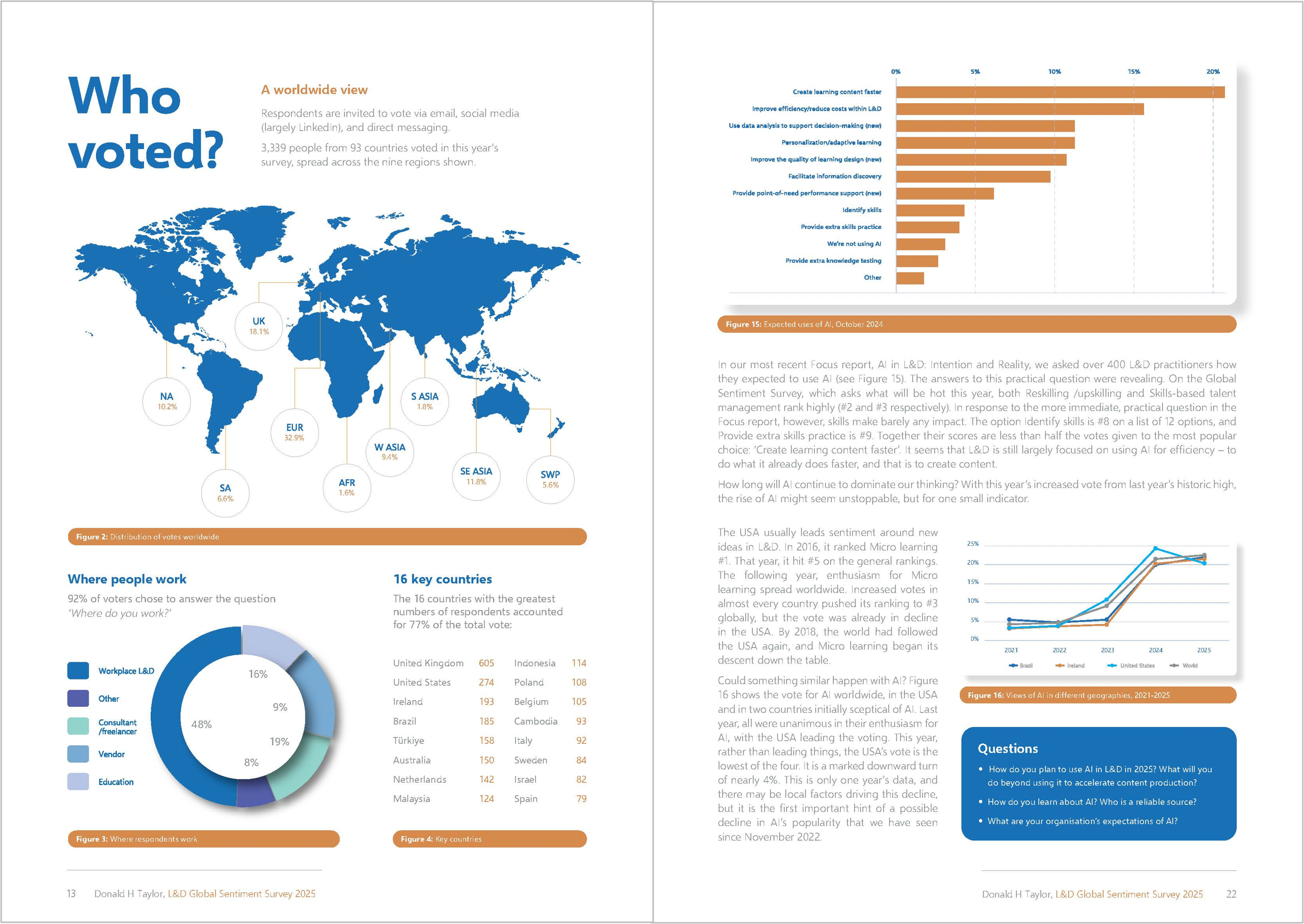Learning and Talent Management Systems

Jason Corsello commented recently on GeoLearning’s raising of $31m, mostly from Fidelity Ventures. He asked whether the Learning Management Systems (LMS) market was the right place to be putting money right now (saying it’s a slack market due to be hit by recession) and asked whether it made sense within Fidelity’s own portfolio. (Fidelity Employer Services Co, FESCo, is a partner of LMS market leader Saba.)
The posting provoked a pretty rapid series of comments.
I liked Josh Bersin’s detailed response about the LMS market place:
The LMS market is still growing at a decent rate (10-15%+ and more in some geographies), despite the fact that most of the players are unprofitable. (Most of the TM vendors are unprofitable too.) And the two fast growing segments of the LMS market are the mid-market and SaaS segments – both places where GeoLearning plays. I think we have to remember that LMS is one of the “bread and butter” HR applications – if you do training at all, you need some kind of LMS – and with more than 30% of corporate training hours now being done online, I think this market still has a long future ahead of it.
In other words, the LMS market ain’t dead. And, of course, Josh is right, but Jason Corsello’s comeback is that the providers of Learning Management Systems aren’t coming to grips with what Web 2.0 has to offer, and is too focused on structured learning, lagging behind the talent management vendors who are – in contrast – profitable.
Are the LMS vendors really lagging? Possibly, possibly not. I think that most LMS vendors began moving away from the pure e-learning catalogue approach some time ago (Saba began billing themselves as Human Capital experts in 2001, if I recall correctly). Can they really move all the way into the informal learning space? By definition, no, because then the learning stops being informal.
Are the Talent Management vendors managing to deal with learning? Some are, and some are not. It depends where they came from. Those coming from a performance management perspective should be managing to create personal development plans that incorporate more than just a pick list of standard courses. I say should, because I’m not convinced that all of them actually do.
From my perspective, though, any focus on learning as an end point is a red herring. The focus should be on competencies.
The organisation needs particular competencies in particular places. Where can your competencies be improved for your role today, and your role tomorrow? Given that development plan, what’s the best way of achieving it? It could be a course; it could be a semi-formal or experiential piece of learning. To judge someone’s skills, you might track them against an organisational competency framework or an industry standard one, or a combination of two or more.
Linking a mixture of competency frameworks to roles and to a wide range of possible learning interventions like this is a non-trivial task, but it is the one that makes for successful skills development. The question we should be asking ourselve is how adept either the Talent Management or the LMS vendors are at it.


